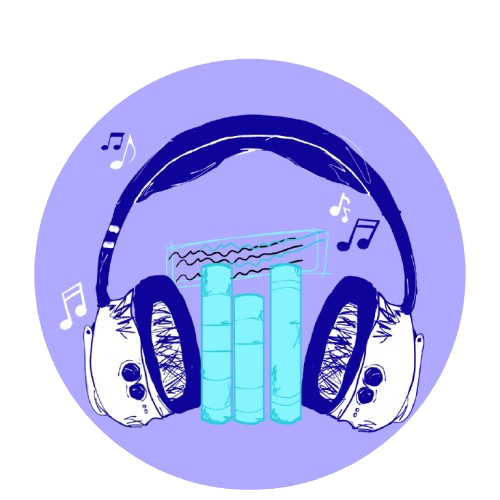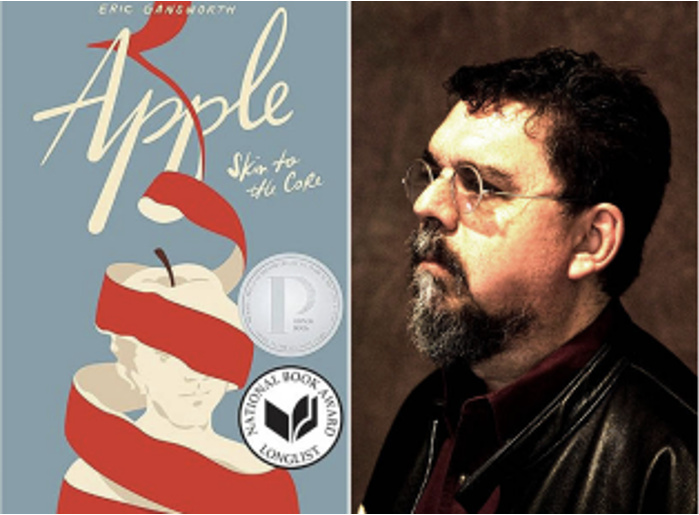As a child, I used to spend hours curled up with a book. I loved the feeling of being transported to new worlds and seeing things from entirely new perspectives. I loved feeling like I was right there — watching Katniss volunteer as tribute, having my heart race uncontrollably, wondering how on earth Harry would survive the Chamber of Secrets. And, of course, like any child who was pretentious enough to sit in the corner of recess reading, there was that lovely sense of superiority I’d get from being “the type of kid who reads,” rather than one who “destroys her brain with media” (my parents’ words, not mine).
Fast forward to college, and I now have so many assignments and responsibilities that finding time to actually sit and read a book, let alone finish one, seems like an impossibly unrealistic task. I now often find myself relying on audiobooks as a means to stay up to date with the current literary conversation. Whether I’m doing laundry, going for a walk or driving across town, listening to a book is practically a perfect solution.
Well, except for one tiny problem. Maybe it’s the lingering sense of literary purism, or just the deep-rooted belief that books are inherently superior to any other form of media, but even though I’m technically absorbing the same information, I often find myself feeling guilty. Is listening to books cheating?
Oral storytelling has always been an intrinsic part of our culture. Aside from hieroglyphics and cave paintings, oral storytelling was one of the first ways we as humans passed down information, traditions and myths. As civilizations developed, storytelling became more structured. The invention of writing and the printing press allowed stories to be recorded and preserved more accurately. Today, new media — such as films, video games and social media — has further revolutionized storytelling, creating more immersive and interactive experiences that engage audiences in ways traditional storytelling couldn’t.
Despite the long history of storytelling through listening, our modern society often views reading as the “proper” way to engage with literature. We tend to default to textual engagement even if the texts we read were originally intended to be heard. For example, many classic texts that a majority of us dreaded reading in high school — such as Homer’s “The Iliad” and “The Odyssey,” or any of Shakespeare’s plays — were meant to be listened to and performed, rather than read silently. I’m not the only one who looks down on audiobooks as a way of engaging with texts, 55% of respondents to one YouGov survey viewed audiobooks a “lesser” way of consuming literature, and only 10% thought listening to a book was actually equal to reading it.
The feeling that reading is “better” than listening seems to be a common one, but in reality auditory information comprehension and visual comprehension overlap considerably. When we understand language, whether we’re reading or listening, similar areas of the brain are used. Studies show that the brain areas involved in understanding words, sentences and larger parts of speech such as stories or conversation are almost the same for both reading and listening. This means that the brain processes these two activities in a similar way, so then why do they feel like very different acts?
One reason for this is that comprehension can in fact be altered by the prosody and tonality of auditory and visual media. Stressing certain words can imply very different meanings to the text. For example, in the sentence “I do not want to go there” if you stress “not,” it highlights the negation, almost as if you’re emphasizing your strong opposition to the idea itself, whereas stressing the word “there” shifts the focus to the place itself, indicating that it’s the specific location you’re trying to avoid, rather than the act of going or the overall idea of the plan. When you read solely from text, you are the one who implies meaning to stressed words while in audiobooks, emotion, tone and stress come not just from the text itself but the person reading it.
Many studies have shown that when it comes to nonfiction books, the difference between reading and listening is minimal. One study asking students either to read a nonfiction book or listen to the audio version found no significant differences in how much of it they absorbed. Yet when it comes to something complex or unfamiliar, other studies suggest reading in print may be useful for going back to reread the difficult bits you didn’t quite get the first time, or stopping to think it all through.
This all being said, I think that one’s decision to read or listen to texts is all dependent on what you get out of it. For me, I’ve come to realize that if my primary goal is to know the story then listening is a great means, yet if I’m actually trying to look deeper into the rhetoric and literary style the author implores, or to understand foreign concepts in a textbook, having the physical text out can be quite helpful.
While I’m not fully convinced that audiobooks are equal to physical books, I’ve come to see that the medium matters less than the outcome. Whether you read or listen, the goal is to gain knowledge and enjoyment from the text. Guilting ourselves and others for choosing what’s deemed “wrong” or “cheating” ultimately benefits no one and only distances society from knowledge and information.















